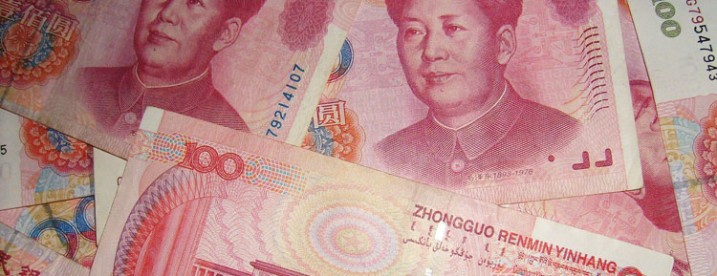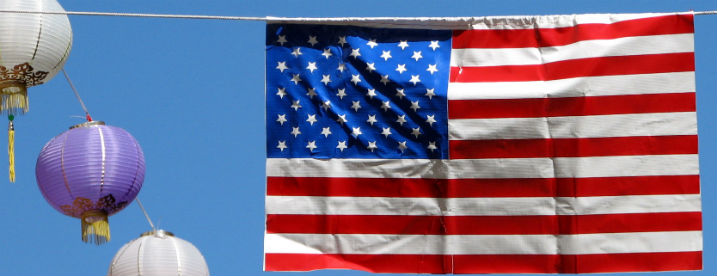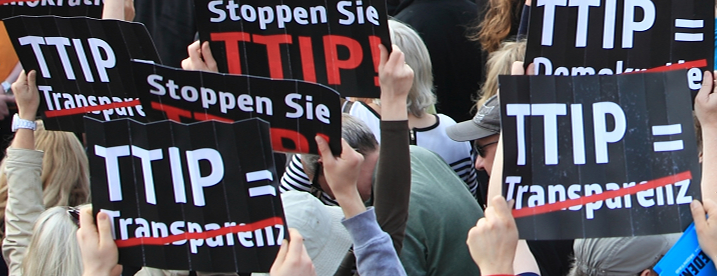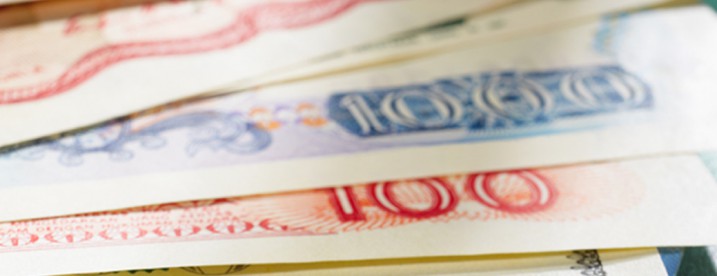
US$7.8 Trillion drains from Developing World from 2004-2013
Trade Fraud Responsible for Illicit Outflows of US$6.5 Trillion
China, Russia, Mexico, India, Malaysia are Biggest Exporters of Illicit Capital over Decade
Sub-Saharan Africa Still Suffers Largest Illicit Outflows as % of GDP
WASHINGTON, DC – Illicit financial flows from developing and emerging economies surged to US$1.1 trillion in 2013, according to a study released Wednesday by Global Financial Integrity (GFI), a Washington, DC-based research and advisory organization. Authored by GFI Chief Economist Dev Kar and GFI Junior Economist Joseph Spanjers, the report pegs cumulative illicit outflows from developing economies at US$7.8 trillion between 2004 and 2013, the last year for which data are available.
By Clark Gascoigne, September 23, 2014

GFI’s Current Methodology Finds Illicit Outflows from China Totaled US$1.08 Trillion from 2002-2011, Not US$2.83 Trillion from 2005-2011
With the anti-corruption drive underway in China, our estimates of illicit financial flows have been in the news a lot lately. This is for good reason; there is a ton of illicit money gushing out of China.
But, if you have been reading multiple stories on this topic, you might be a little confused about the precise scale of the problem facing China.
Prominent outlets such as the Financial Times, the South China Morning Post, and China Daily, among others, have all reported over the past week that:
“The US-based non-profit group Global Financial Integrity estimates illegal flows out of China amounted to $2.83tn between 2005 and 2011.”
While other major sources such as Businessweek and the Heritage Foundation have stated:
“Between 2002 and 2011, $1.08 trillion of illicit funds were spirited out of China, estimates Washington (D.C.)-based nonprofit Global Financial Integrity.”
These estimates are widely different. Some of these outlets must be incorrect in their reporting, right?
By Grace Zhao, August 22, 2014

U.S. Laws Enable the Outflow of Illicit Money from China, which Totaled US$1.08 Trillion from 2002 to 2011
Corrupt politicians, fugitive officials, and leaders on the lam have found a new safe haven to call home—the United States of America.
Interestingly enough, despite the sometimes contentious relationship between the two countries, the U.S. has now become the destination of choice for China’s “economic fugitives” running from corruption charges in their home country according to China Daily and the International Consortium of Investigative Journalists.
Many of these fugitives are known as “naked officials”, those who have moved their assets and family abroad to avoid regulations and scrutiny. Much of the time, these are high ranking leaders who have decided to move their wealth abroad should a corruption investigation arise.
By Michele Fletcher, July 16, 2014

Reforms Will Need to Be Further-Reaching and Institutionally Minded if China Hopes to Truly Curb Corruption and Illicit Financial Flows
The coverage of China’s financial sector has been quite the roller coaster of late: from President Xi Jinping’s anti-corruption campaign to bad loan collateral to CCTV’s exposure of the Bank of China’s “money laundering” schemes, it’s hard to discern the emerging country’s financial status.
However, one thing remains eminently clear: China has a deeply systemic illicit financial flow problem. It comprises both the individuals singled out in Xi’s purge (and a myriad of those who are not) as well as the corporations that facilitate this illegal behavior. According to our research, China remains the largest exporter of illicit money, with over a trillion dollars flowing illegally out of the country from 2002-2011:
By Michele Fletcher, June 20, 2014

The Transatlantic Trade and Investment Partnership seeks to unite U.S. and EU markets: a gigantic trade deal uniting over 800 million consumers across the United States and the European Union, and yet all its important documents remain shielded...
By Brian LeBlanc, May 2, 2014

There has been a lot of talk in recent years regarding the extent of China’s investment in the United States. Most of this has been centered on China’s admittedly large holdings of U.S. debt, but the fear has spilled over to other forms of investment as well. A 2012 report filed by the US-China Economic and Security Review Commission, an entity created by Congress in 2000, went as far as recommending that the Committee on Foreign Investment in the US be amended to add a required litmus test for Chinese investment, specifically. This test would make it mandatory to analyze the “net economic benefit” of all proposed Chinese investment in the United States before it is approved.
Being fair, a lot of this has to do with national security, with the rational that Chinese acquisitions of telecommunication companies (for example) might pose a threat to the “cyber and physical infrastructure services critical to maintaining the national defense, continuity of government, economic prosperity, and quality of life in the United States.” How much of this is legitimate I’m not sure of.
Still, does China own an outsized portion of US assets compared to the rest of the world? The short answer is no, not even close.
Fraudulent Trade Misinvoicing Fueling Currency and Housing Speculation within the Country
WASHINGTON, DC – As the Chinese government recently announced moves to crackdown on illicit capital inflows through trade misinvoicing, Global Financial Integrity (GFI) finds that US$400 billion flowed illicitly into China from Hong Kong via trade misinvoicing between 2006 and the first quarter of 2013. The estimates by Global Financial Integrity were released today in an article by GFI Junior Economist Brian LeBlanc on the website of the Thomson Reuters Foundation.
US$400 Billion Smuggled into China from Hong Kong through Trade Misinvoicing Since 2006
China’s regulatory body responsible for managing the country’s foreign exchange reserves (SAFE) announced last month that it was planning to increase enforcement and penalties associated with the abuse of trade payments to mask illicit inflows of foreign exchange. The Wall Street Journal reports that Chinese authorities have uncovered 1,076 instances of false reporting of export invoices by 112 companies, adding up to approximately $2.5 billion. Still, SAFE has not disclosed the severity of the problem nor how it would clamp down on such practices—leaving many questions to be answered. Allusions to “fishy” trade with Hong Kong were given, but specifics were lacking.






